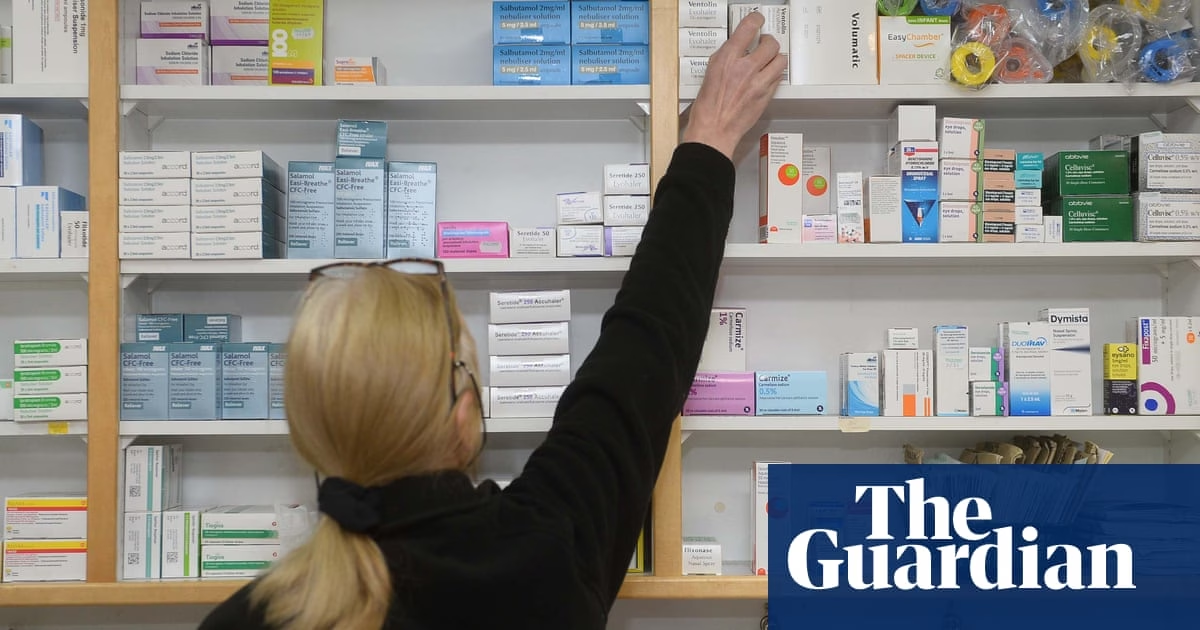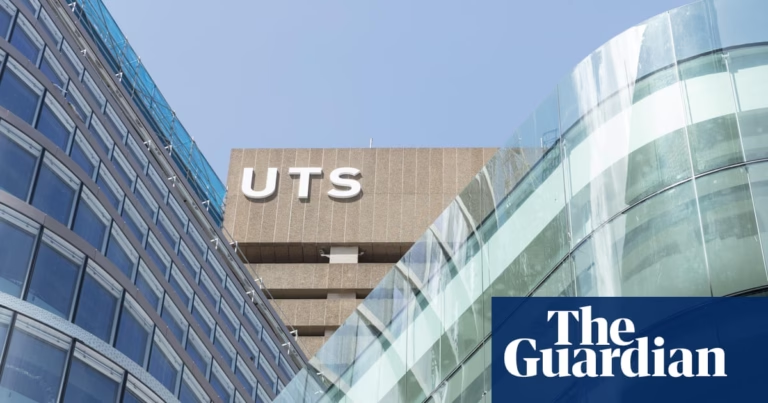The UK government is actively discussing with pharmaceutical companies the potential impact of US tariffs on the medicine supply chain. There are calls for an emergency taskforce to prevent disruptions. The government is trying to secure a trade deal that exempts British drugmakers from tariffs, but there is uncertainty regarding the Trump administration’s intentions. Government sources have been in talks with industry leaders about potential measures to support pharmaceutical exporters if tariffs are implemented. The pharmaceutical industry is lobbying against a levy on branded medicine sales to the NHS, which they claim is higher than in other countries.
In Europe, global pharmaceutical companies have requested help from the European Commission to maintain operations in the EU amidst US tariff threats. Tariffs could lead to a shift of pharmaceutical production from Europe to the US, where medicine prices are higher. There are concerns that global tariffs on pharmaceuticals could disrupt the supply chain and threaten the availability of medicines.
The Liberal Democrats have called for an “emergency taskforce” to ensure the security of medicine supply. Helen Morgan, the Lib Dem health and social care spokesperson, has urged the government to protect NHS funding and patients from potential drug shortages resulting from Trump’s actions. The government has downplayed the idea of shortages caused by US tariffs, but pharmaceutical tariffs could disrupt the complex supply chain for medicines.
Jeremy Hunt, a former Conservative chancellor and health secretary, criticized the government for not securing a deal with AstraZeneca to manufacture vaccines in Liverpool. Earlier this year, AstraZeneca canceled plans for a £450m expansion of its vaccine manufacturing plant in Merseyside.
While the risks of pharmaceutical tariffs are acknowledged, some in the industry believe it could also create opportunities for the life sciences sector in the UK. The UK could be seen as a safer haven for companies compared to the US, which is reducing scientific research jobs. There could also be opportunities to attract US scientists with global talent visas and create a favorable climate for innovation investment.
Chi Onwurah, a Labour MP and chair of the science, innovation, and technology committee, called for the government to recognize the need for the life sciences strategy to adapt to geopolitical realities. Edward Argar, the shadow health secretary, emphasized the potential impact tariffs could have on complex pharmaceutical supply chains, costs, and the UK’s leading pharmaceutical sector. He stressed the importance of securing a trade deal with the US and taking robust action to protect pharmaceutical supply chains.
Source: https://www.theguardian.com/business/2025/apr/17/ministers-in-active-conversation-with-uk-drug-firms-over-potential-tariffs







